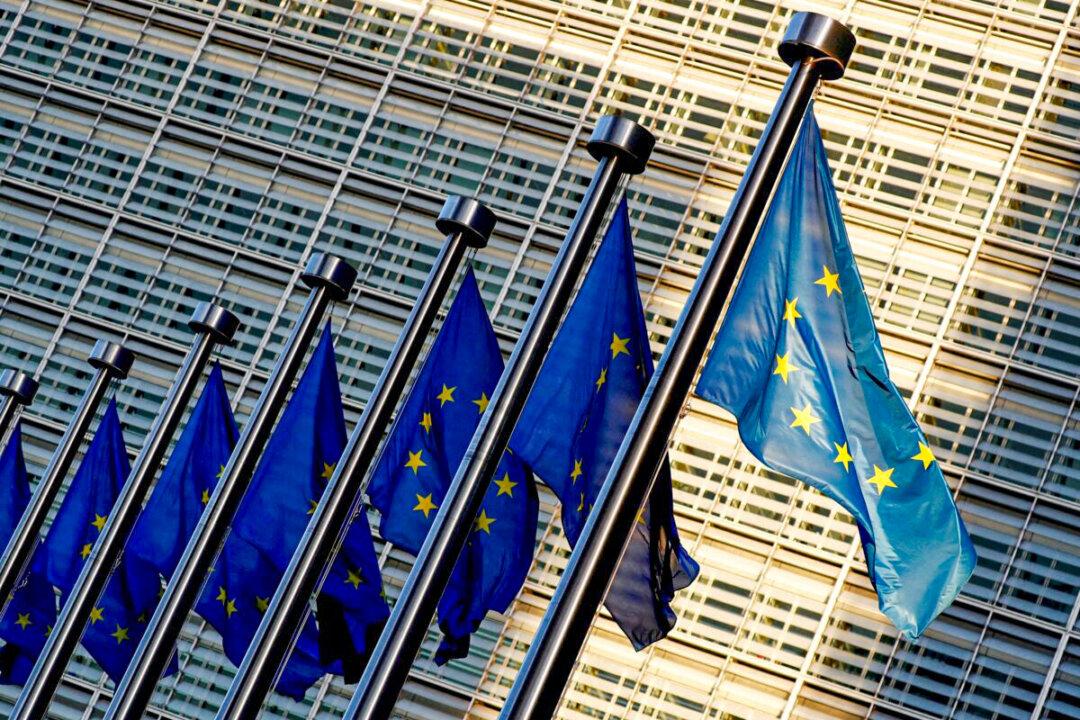The European Commission has called for EU members to cease the practice of selling citizenship to investors and to suspend the sale of immigration visas to citizens of Russia and Belarus.
On Monday, the European Commission issued a recommendation to member states of the European Union, urging these nations to limit access to such so-called “golden passport” programs to individuals connected with the Russian and Belarusian governments, in response to the former nation’s ongoing invasion of Ukraine.





